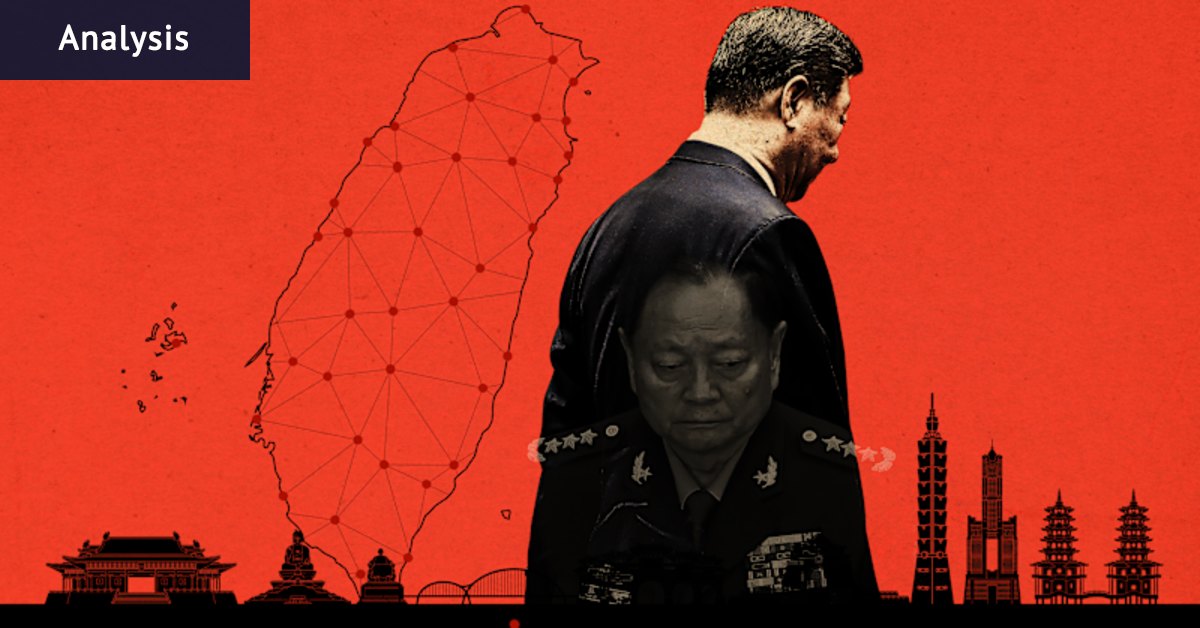
The uproar from the foreign policy establishment over President Donald Trump’s 28-point Ukraine peace plan highlights its necessity. After nearly four years of conflict, hundreds of thousands of casualties, and significant financial expenditure by American taxpayers, the suggestion of diplomacy over military escalation has been met with skepticism in Washington.
The plan, negotiated by Trump’s envoy Steve Witkoff, involves discussions with Russia, a necessary step in ending wars. It marks a return to a realist foreign policy approach, acknowledging that Ukraine cannot militarily reclaim all territories seized by Russia. This perspective recognizes NATO expansion as a red line for Moscow and questions the necessity of involving the U.S. in a prolonged conflict with Russia.
Realist Case for the Deal
Critics are particularly concerned about the plan’s recognition of Russian control over Crimea, Donetsk, and Luhansk. However, the reality is that Russia has maintained control over Crimea since 2014. The Donbas region remains a contested war zone, with Ukraine controlling only a fraction of it. The choice is stark: freeze the conflict now with security guarantees or risk further territorial losses and humanitarian devastation.
In Washington, idealists may insist on the inviolability of post-Cold War borders, but battlefield realities cannot be ignored. The plan’s critics argue that it concedes too much to Russia, yet the alternative—a continued war with no clear victory in sight—poses greater risks.
Beyond Wilsonian Fantasies
The plan also requires Ukraine to forswear NATO membership, a move that has angered neo-Wilsonians. NATO expansion into Ukraine was always contentious, with Germany and France blocking Ukrainian membership at the 2008 Bucharest summit due to strategic concerns. Russia’s opposition to NATO bases in Ukraine is a geopolitical reality, akin to the U.S. stance during the Cuban Missile Crisis.
Recognizing Russia’s security interests does not equate to endorsing its authoritarian regime. Rather, it reflects an understanding of geopolitical dynamics. Strategic empathy is not a moral endorsement but a pragmatic approach to international relations.
Real American Interests
The critical question remains: What is the American national interest in Ukraine? Beyond the rhetoric of supporting democracy, the U.S. derives no concrete security or economic benefits from the ongoing conflict. Ukraine is neither a NATO ally nor a major trading partner, and it hosts no critical American assets.
The only interest at stake is the U.S.’s commitment to global hegemony, a stance that has led to past military misadventures. The real scandal lies in the foreign policy establishment’s resistance to diplomacy, opting instead for a military solution that was never feasible.
Costly Ideology and Imperfect Peace
Trump’s peace plan is not without flaws. Security guarantees are vague, and enforcement mechanisms are unclear. Yet, perfect peace agreements are rare. The question is whether this plan is preferable to continued conflict, which Ukraine cannot win, leading to further casualties and economic devastation.
For those genuinely concerned with Ukrainian welfare, the answer is clear. The plan offers a chance to end the killing and establish a peace, however imperfect, rather than pursuing unattainable goals.
The same critics now denouncing Trump’s realism previously promised a quick military victory and underestimated Russia’s resilience. Their ideology has failed the Ukrainians they claim to support.
President Trump, despite his shortcomings, recognizes the need for difficult compromises in leadership. His plan prioritizes American interests and acknowledges geopolitical constraints. While the foreign policy establishment may not forgive him, and Ukrainians may not thank him, the plan’s potential to end the conflict is a significant achievement.
This approach is not a betrayal of American values but a return to a realism that once made U.S. foreign policy effective. It is a long-overdue shift from idealism to pragmatism in international relations.







